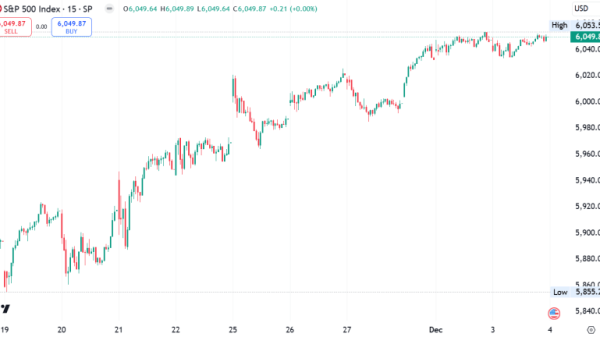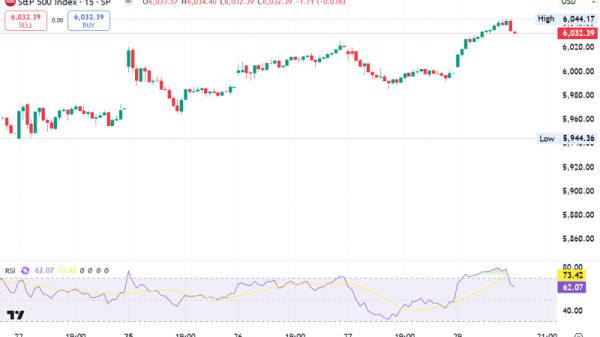By Tatiana Bautzer, Manya Saini and Niket Nishant
(Reuters) -Morgan Stanley’s third-quarter profit surpassed estimates on an investment banking windfall that had also buoyed its rivals, sending its shares up 2% before the market open.
A revival in corporate debt issuance, initial public offerings and mergers has bolstered profits for Wall Street banks this year.
As markets hover near record highs and the U.S. Federal Reserve begins its policy-easing cycle, bankers expressed optimism that M&A activity will continue to recover after a two-year drought.
Morgan Stanley benefited from a “constructive environment”, CEO Ted Pick said in a statement. “Institutional securities saw momentum in the markets and underwriting businesses on solid client engagement.”
Its investment banking revenue jumped 56% in the third quarter. Competitors Goldman Sachs had posted a 20% surge in fees, while JPMorgan Chase (NYSE:JPM) saw a 31% gain.
Morgan Stanley reported profit of $1.88 per share, exceeding analyst views of $1.58, according to estimates compiled by LSEG.
Across the industry, global investment banking revenue rose 21% in the first nine months of the year, led by a 31% surge in North America, according to data from Dealogic.
Morgan Stanley earned the fourth highest fees globally over the same period, the data showed.
It was a lead underwriter on big initial public offerings in the quarter, including by cold storage giant Lineage and airplane engine maintenance services provider StandardAero.
Its institutional securities business, which houses investment banking and trading, generated revenue of $6.82 billion, compared with $5.67 billion a year ago.
Trading also outperformed expectations, with equity revenues jumping 21% thanks to a rally in stocks. Fixed-income gained 3% compared with a year earlier.
The investment bank’s profit rose to $3.19 billion, that compares with $2.41 billion, a year earlier.
WEALTH BOOST
Under former CEO James Gorman, Morgan Stanley expanded into wealth management as a way to diversify the business and generate more stable revenue than trading and investment banking, which can be volatile.
“Total client assets have surpassed $7.5 trillion across Wealth and Investment Management supported by buoyant equity markets and net asset inflows,” Pick said.
Wealth management revenue – a key area of focus for Morgan Stanley – came in at $7.27 billion, compared with $6.40 billion, a year ago.
The business added $64 billion in net new assets in the quarter and total client assets reached $6 trillion.
Investment management revenue climbed to $1.5 billion compared with $1.3 billion a year ago, helped by higher asset management and related fees.




































